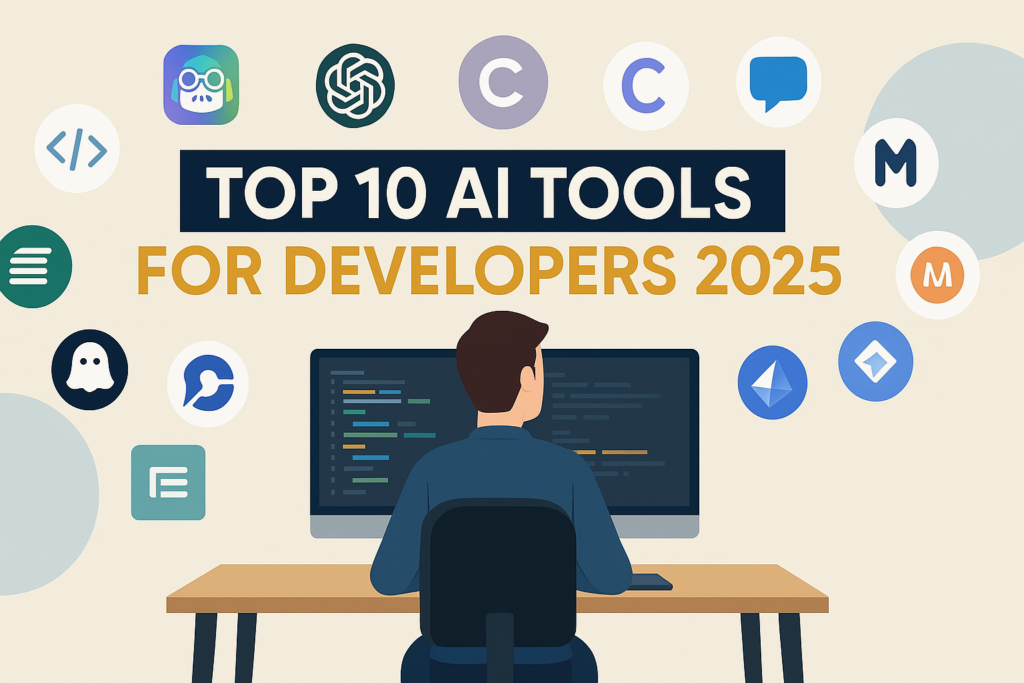Let’s be honest. In 2024, AI became part of every dev conversation, sprint, and strategy meeting. And now in 2025, it’s more embedded than ever. But here’s the real question. Which AI tools for developers in 2025 actually improve productivity, and which are just distractions?
After months of experimenting, talking to fellow engineers, and testing these tools on live projects, I’ve narrowed it down. These are the AI tools for developers 2025 has to offer that actually help you ship better software, faster.
1. 🧠 GitHub Copilot
Copilot is like your silent code-writing partner. It reads your comments and autocomplete functions, loops, or entire modules right inside your IDE.
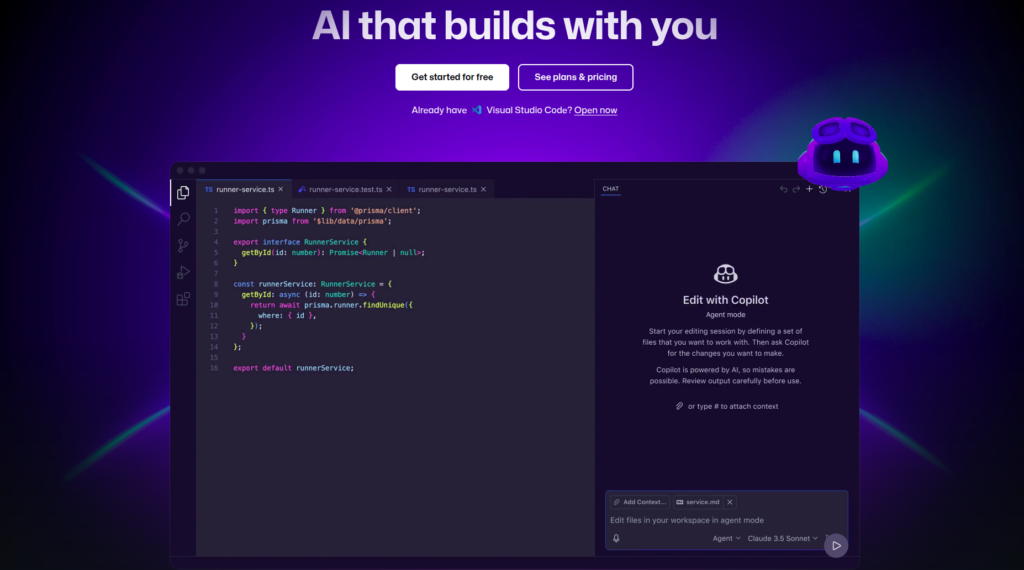
Best for: Repetitive coding and boilerplate
Works with: VS Code, JetBrains, Neovim
🔗 Learn more
2. 💬 ChatGPT with Code Interpreter
More than just a chatbot, GPT-4’s code interpreter acts as a data analysis companion and Python assistant. Upload a CSV, debug logic, or understand code step by step.
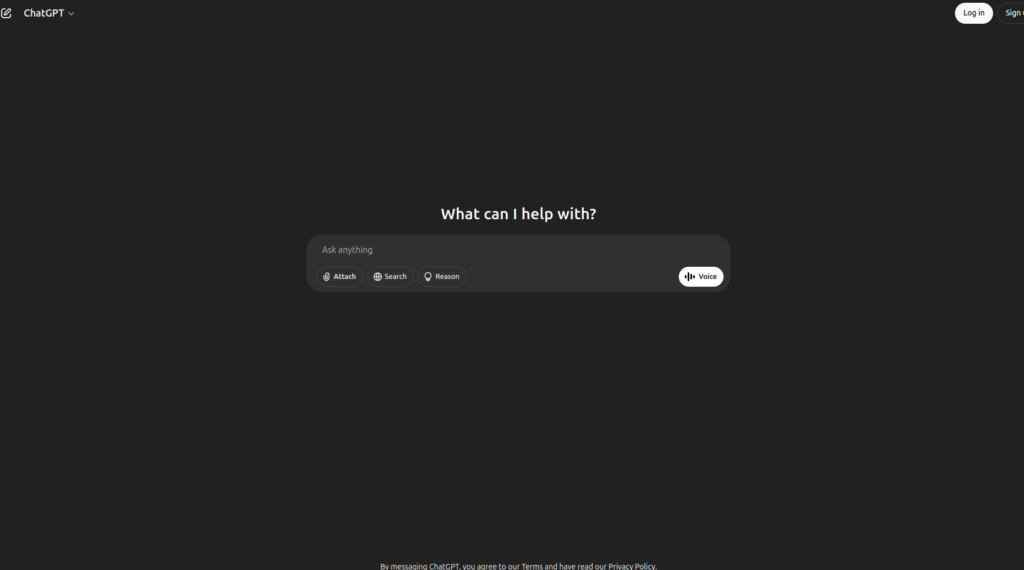
Best for: Exploratory coding and debugging
🔗 Explore GPT-4 Code Interpreter
3. ⚡ Codeium (Now Windsurf)
This free, privacy-first AI tool delivers fast, context-aware completions across multiple IDEs. You can even self-host it for team use.

Best for: Budget-conscious teams or individuals
🔗 Visit Codeium
4. 🛠 Tabnine
A long-standing player in the AI dev space, Tabnine supports over 20 languages and is excellent for private environments and offline setups.
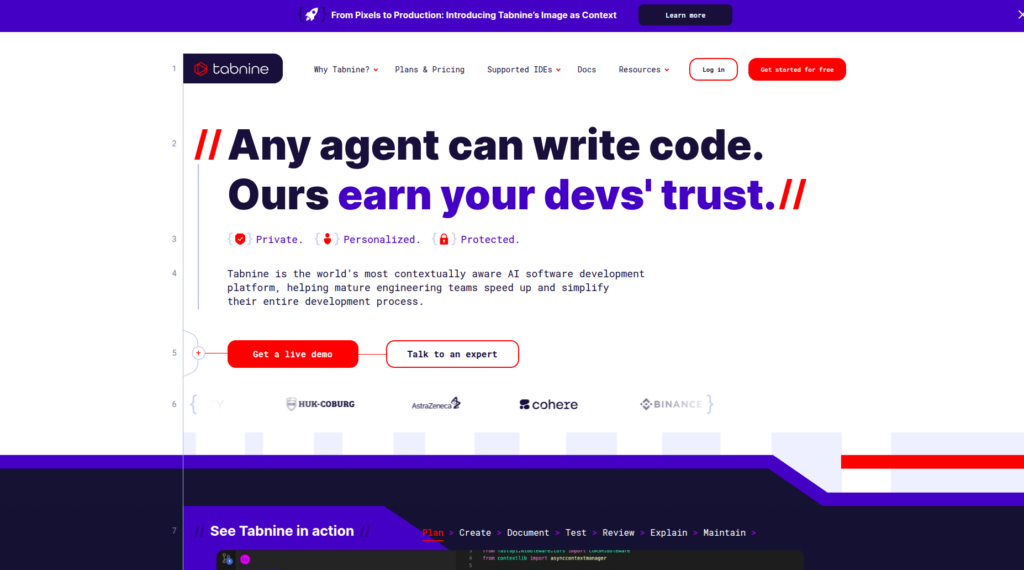
Best for: Enterprise-grade autocomplete with local control
🔗 Check out Tabnine
5. 🔍 Sourcegraph Cody
Cody connects to your entire codebase, referencing files, functions, and even documentation to provide truly intelligent suggestions.
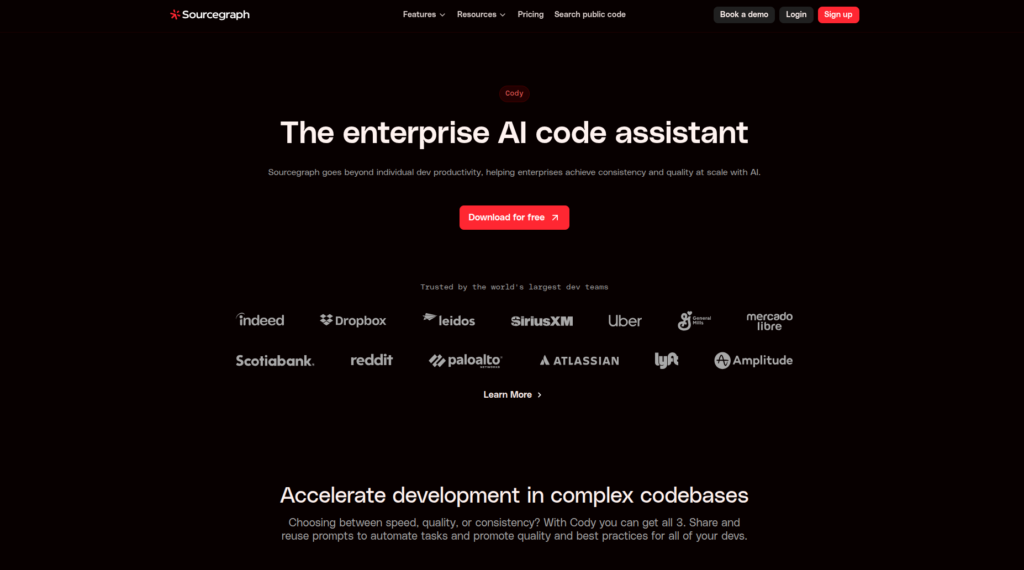
Best for: Large codebases and cross-repo teams
🔗 Meet Cody
6. 📋 Mutable.ai
This is the tool for fast-moving builders. Mutable can refactor, generate boilerplate, and even write docs for your code.
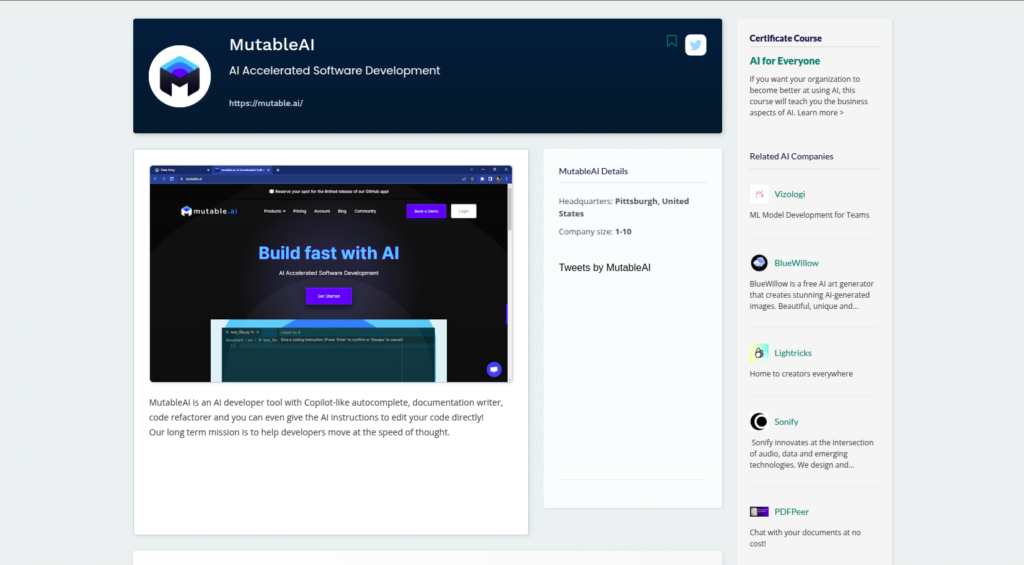
Best for: Starting projects faster and scaling quickly
🔗 Try Mutable
7. 🧪 Kite
Although development has paused, Kite remains a simple and useful autocomplete engine for those working offline.
Best for: Lightweight, offline code completion
🔗 Explore Kite
8. 🔁 Replit Ghostwriter
A built-in AI assistant for Replit that writes and explains code as you go. Great for fast prototyping or early-career developers.
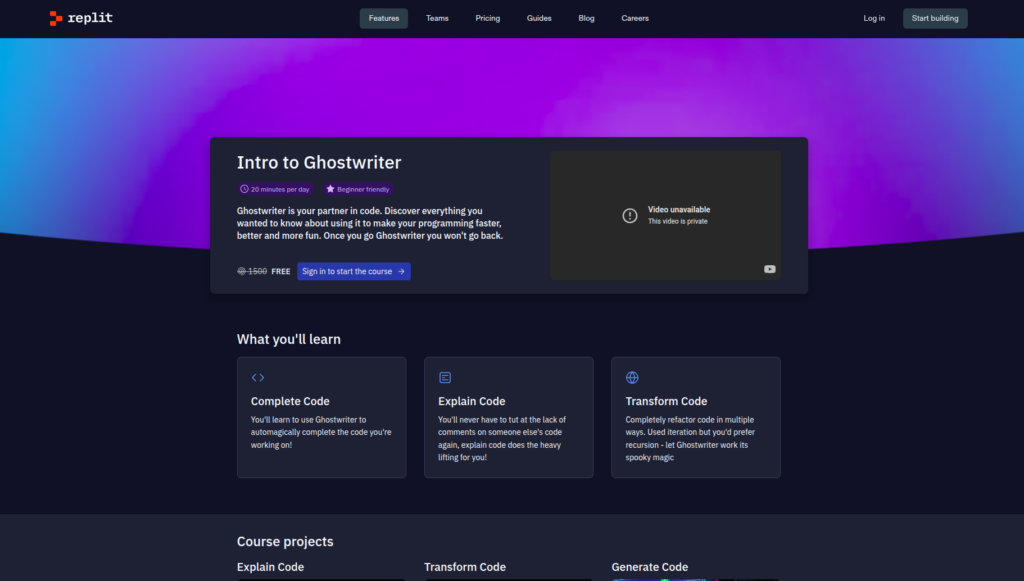
Best for: New developers and solo hacking
🔗 Use Ghostwriter
9. 📦 Amazon CodeWhisperer (Amazon Q)
AWS’s answer to Copilot is deeply integrated with cloud services and flags security issues as you code.
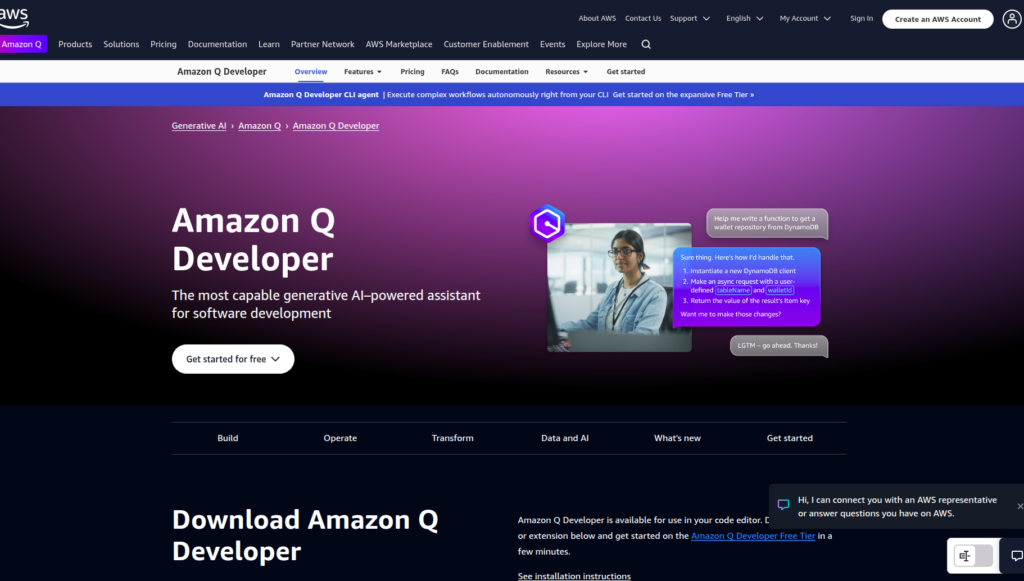
Best for: Secure, cloud-centric development
🔗 Check CodeWhisperer
10. 🔧 AutoRegex
Instead of fiddling with complex patterns, type what you need and let AutoRegex write the expression for you.
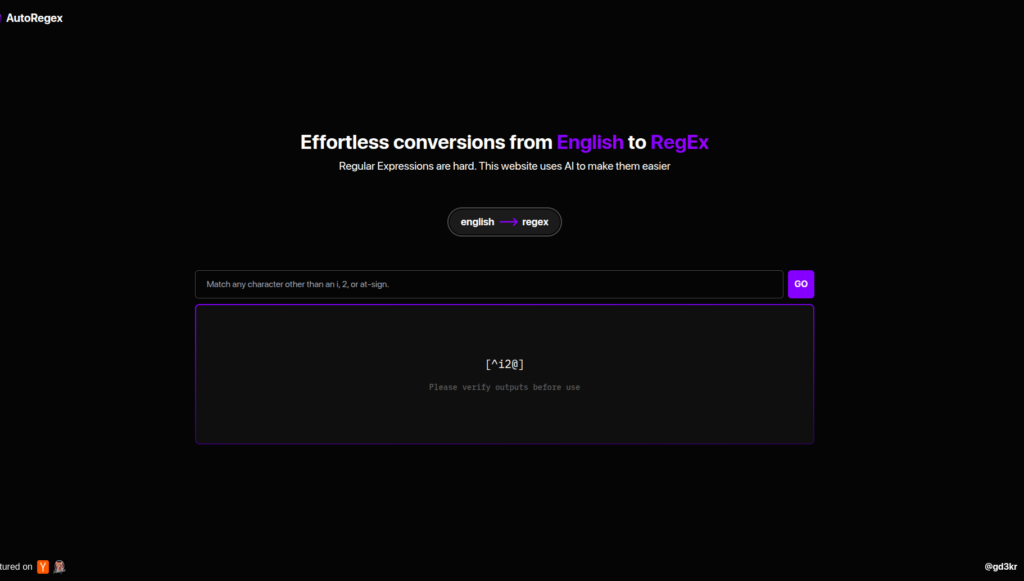
Best for: Quick and clean regex generation
🔗 Generate Regex with AI
Final Thoughts
AI tools for developers in 2025 are no longer just convenient. They are foundational to how we build software today.
These tools don’t just save time. They reduce bugs, improve clarity, and open up mental bandwidth for solving meaningful problems. Use them wisely, combine them with your skillset, and you’ll spend more time thinking and less time Googling syntax.
Start with one. Explore what fits your workflow. Let the tools handle repetition, so you can focus on creation.
👉 Also read: Developer to Architect: From Writing Code to Designing Systems
❓ FAQ
Q: What are the best AI tools for developers in 2025?
GitHub Copilot, Codeium, and Sourcegraph Cody are currently among the top tools for efficiency and smart completions.
Q: Are there free AI tools for developers?
Yes. Codeium and Tabnine offer powerful free tiers, and Replit Ghostwriter is free for hobby use.
Q: Can AI tools replace developers?
No. They support, guide, and automate, but human judgment, creativity, and architecture still drive great software.
Q: Is it safe to use AI tools in production?
Most tools like CodeWhisperer and Tabnine offer enterprise-level compliance, though you should still audit outputs and use local models when needed.
